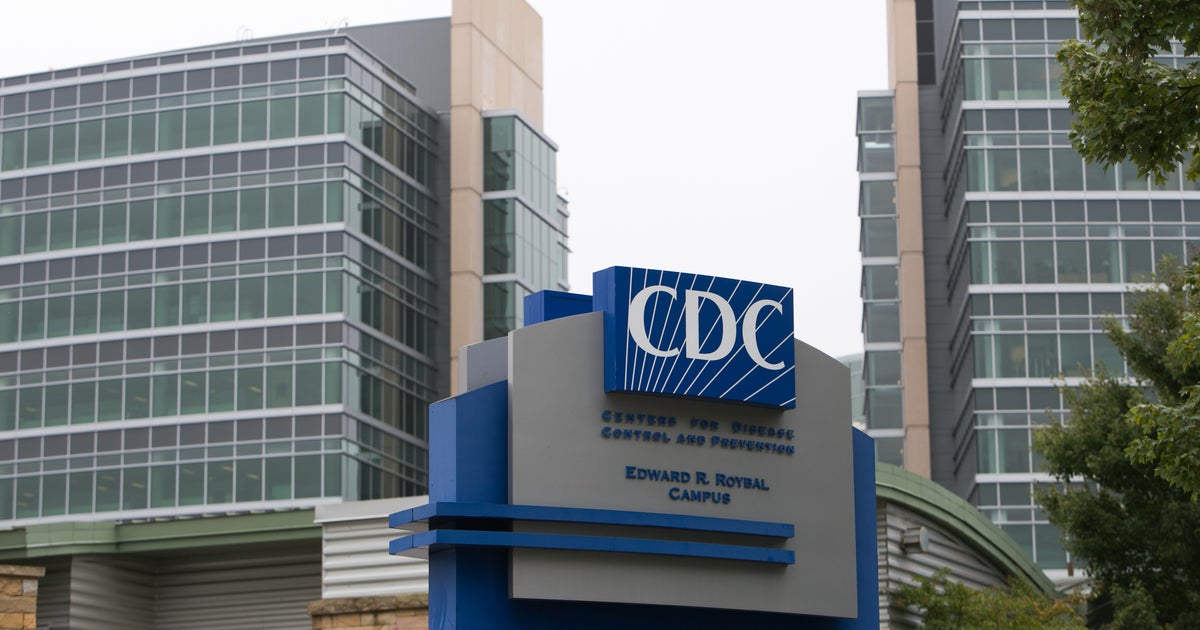Toxic Fallout: RFK Jr.'s Budget Cuts Paralyze Critical Lead Poisoning Prevention Efforts

In a critical public health setback, the Centers for Disease Control and Prevention's (CDC) lead poisoning experts remain sidelined one week after the widespread layoffs at the Department of Health and Human Services (HHS). This prolonged absence raises serious concerns about the nation's ability to respond to and monitor lead contamination risks, particularly in vulnerable communities.
The unexpected workforce reduction has created a significant gap in expertise precisely when environmental health monitoring is most crucial. Lead poisoning experts, who play a vital role in tracking, preventing, and mitigating toxic exposure, continue to be absent from their critical posts, potentially leaving countless communities at risk.
As the HHS restructuring continues to unfold, the impact on public health infrastructure becomes increasingly apparent. The extended absence of these specialized professionals underscores the potential long-term consequences of sudden, sweeping administrative changes in critical health agencies.
Stakeholders and public health advocates are calling for immediate action to restore the team's operational capacity and ensure continued protection against lead exposure, especially in areas with aging infrastructure and at-risk populations.
